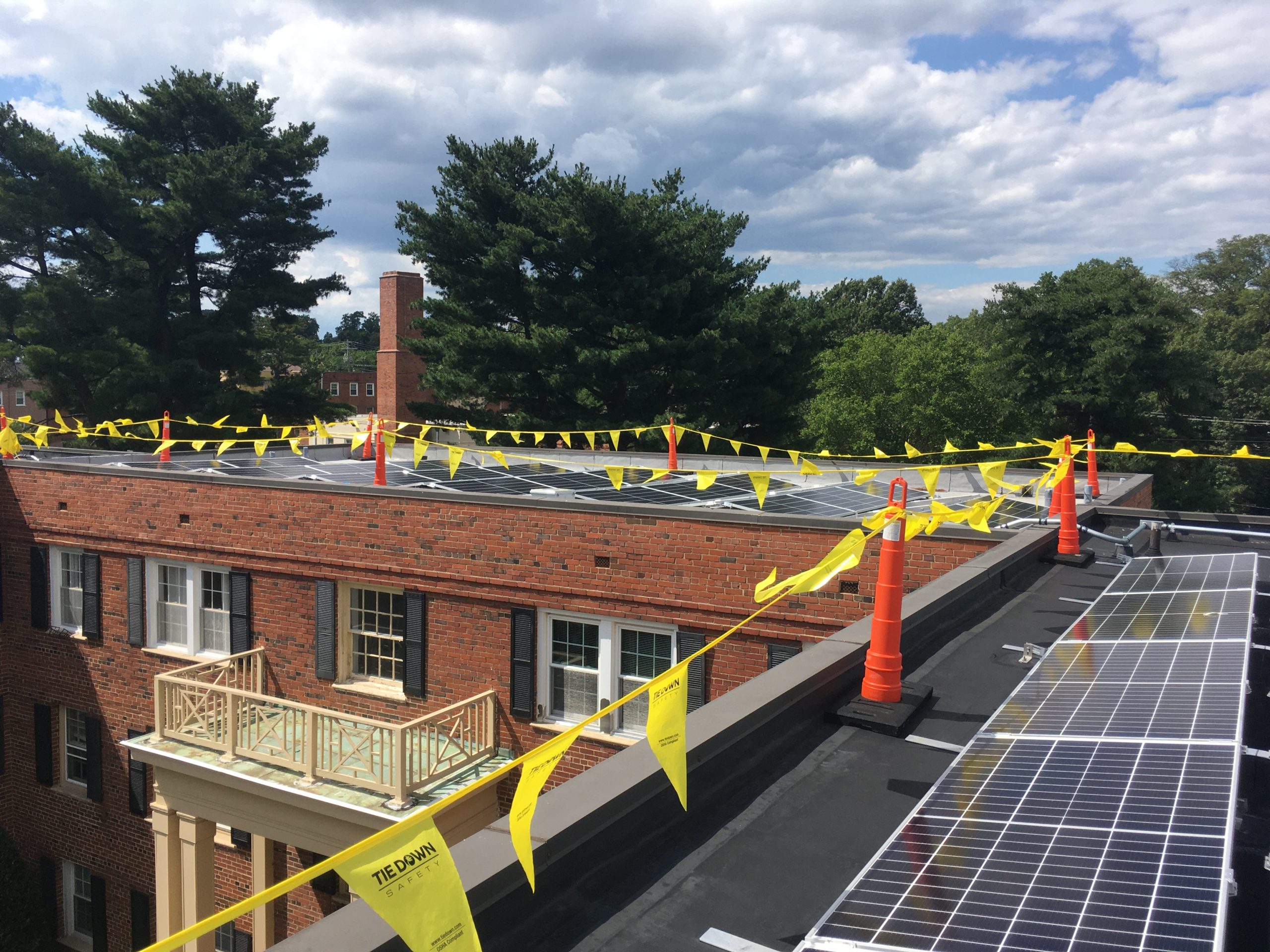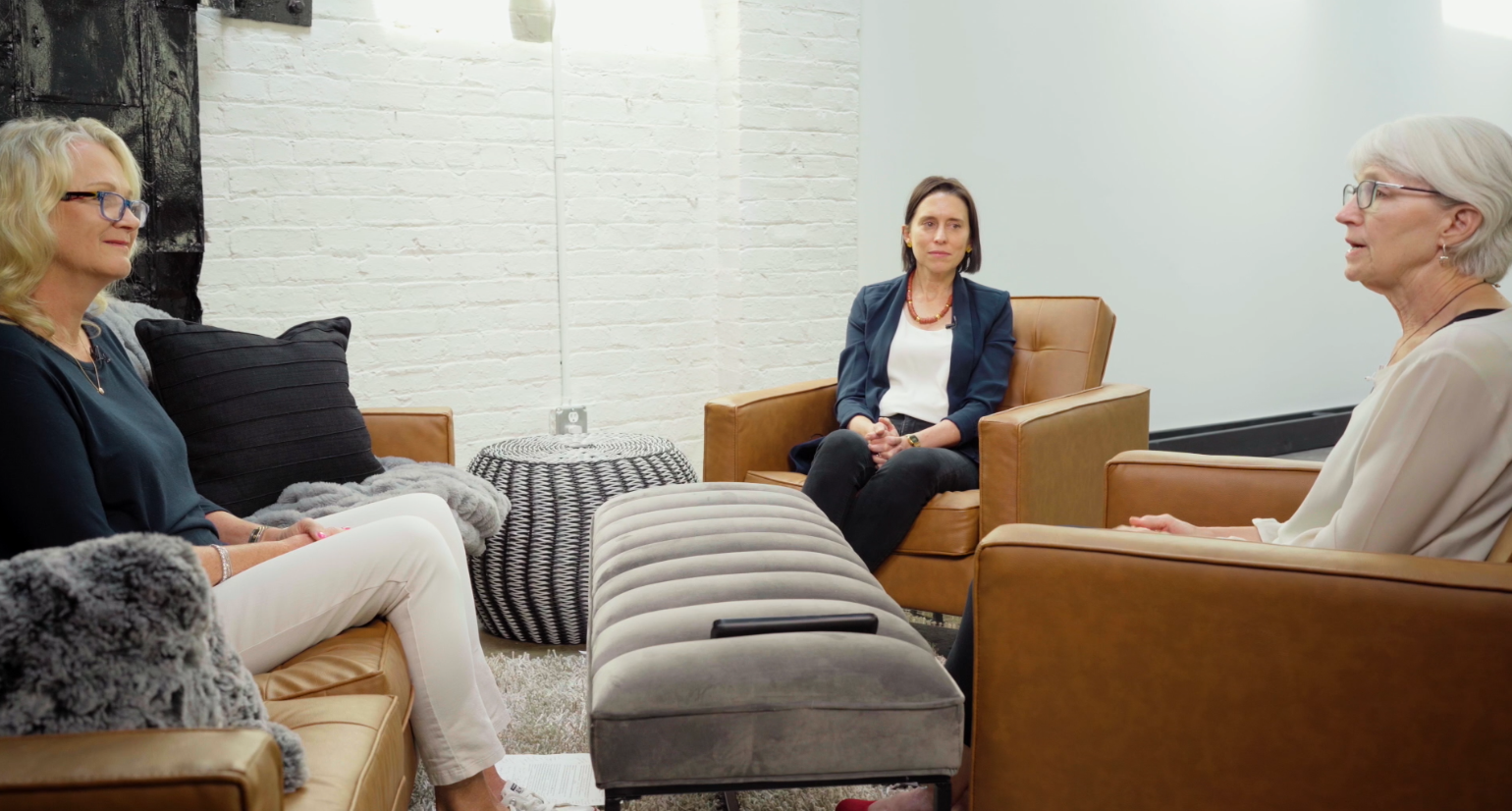A family or individual who is food-insecure lacks access – most or all of the time – to enough nutritious food to live an active, healthy life.
In 2019, Feeding America’s Map the Meal Gap study showed that there were just under 800,000 food-insecure people in Virginia, or a rate of 9.4%. Healthy food access was a critical issue in the Commonwealth long before the COVID-19 pandemic hit many food-insecure localities especially hard.
Motivated to find innovative solutions to this widespread problem, Foodshed Capital launched in 2018 with a mission to foster an equitable and regenerative local food economy. Ultimately, their vision involves strengthening food resiliency in communities. If a locality is able to survive and thrive more independently, they become better equipped to weather impediments such as the changing climate’s threat to food supply and unexpected events like a worldwide pandemic.
As a certified community development financial institution (CDFI), Foodshed works to provide flexible, low-cost financing to food producers who often lack access to capital via traditional means, especially women, people of color, low-income individuals, and startup farmers.
Foodshed Capital has partnered with Virginia Community Capital and the Virginia Food Access Investment Fund to build sustainable resiliency and equity into food systems. As supportive resources become more available, we are looking for like-minded partners to help take that impact even further.
Joining Together to Fill in the Gaps
We met Foodshed Capital in their early days, when we connected them with GoGreen, a food hub in Hampton Roads, VA that was looking for a loan. As the deal closed, we realized our shared values around healthy food access and wondered what other collaborative opportunities existed. Since that first referral, we’ve worked to provide financing to similar food retailers, producers, and suppliers in Virginia. But our developing relationship eventually got us to start thinking bigger.
As our partnership evolved, a conversation emerged around how to address the flaws in our broken food system, and we started asking questions about the resulting struggles faced by food-related businesses. Why are local farmers having to dump produce onto the compost heap because there’s no way to distribute it to the people who are hungry? Are there really food deserts? Or is the problem a lack of resources for local food producers who are working tirelessly to get healthy food into communities?
From supply chain weaknesses to overwhelming food waste, we believe it all can be traced back to a lack of access to capital and a codependency on corporate food producers and suppliers. As community lenders, Foodshed and VCC want to find a more efficient and equitable way to get capital into the hands of food-based businesses in food-insecure, low wealth communities. This is the motivation behind the creation of the Virginia Good Food Fund.
What We’ve Accomplished Together
The Virginia Good Food Fund (VGFF) is envisioned to be a network of food system partners, lenders, funders, technical assistance providers, and other stakeholders who work together and combine our resources to support producers and suppliers. It’s not just focused on the food system, or the food system value chain, but also on our farming system’s viability, access to healthy food, and economic and environmental sustainability.
Our state-managed partner in the VGFF is the Virginia Food Access Investment Fund (VFAIF), a program supporting equity and justice in local food systems by investing in new or expanding food retailers across the Commonwealth. VFAIF offers grants and loans to fund the business development, construction, rehabilitation, equipment upgrades, and expansion of grocery stores, small food retailers, and innovative food retail projects in historically marginalized communities.
VCC, Foodshed Capital, and VFAIF have come together as partners to help catalyze and ignite the nascent VGFF by coordinating food system funders providing low-interest loans and grants. Of all the current stakeholders in the VGFF, VCC and Foodshed Capital are the only direct community lenders, and the VFAIF program provides state investment into catalytic awards to food-based businesses in low food access, low wealth communities.
Alongside lending, we will offer technical assistance so the process itself isn’t a barrier. We aim to help with things like filling out grant applications, creating a budget, and connecting to other financial resources. By creating a funding program that is accessible, we hope to nurture more successful local businesses and food suppliers while giving them the space to take more risks as they grow.
A Look Ahead
As we look at the future of food access and equity, it is vital to address the policies and practices that brought us to this point. The food system is called a system for a reason. The approach to solutions must also be systematic, and it’s going to require a collective effort to make a real, lasting impact. Solving the food access problem requires interaction with a lot of other focus areas, whether it’s housing or climate change or healthcare. It’s all interrelated, and this mission will take a coordinated approach.
At VCC, we are committed to supporting local and healthy food access across Virginia because it is absolutely essential to the quality of life we all deserve. Our partnership with Foodshed Capital and VFAIF is a step in the right direction, but we know there is more we can do.
How will you help us reimagine the future of food access?Let’s do more, together.
Recent Posts
Clean Energy is for Everyone
It’s hard to read or watch the news without witnessing the impacts of climate change. NASA’s climate change website…
Revitalization: A Team Effort
A Need for Innovative LendingFahe is a regional network, financial intermediary, and community development financial…
LOCUS: Local Investing for Impact
Around the time of Virginia Community Capital’s (VCC) 10-year anniversary, we began to explore the ways we could make…


